At Heads & Tails, horses are more than just animals—they are intuitive, responsive partners in the therapeutic process. Their unique sensitivity to human emotions creates a powerful, hands-on way for clients to explore emotional regulation, connection, and self-awareness.
In every interaction, horses provide real-time feedback, helping clients recognize and navigate their emotional responses in a safe and supportive environment.
Meet our Horses
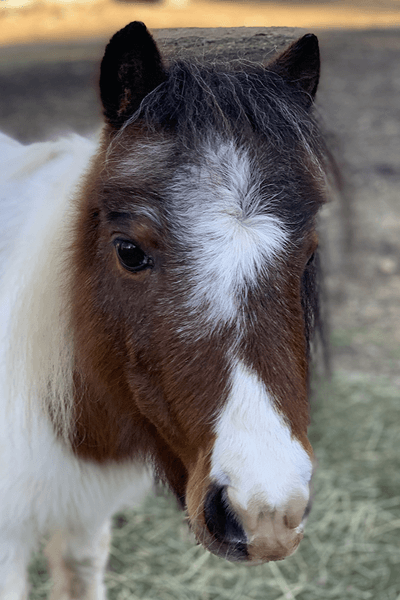
Bella
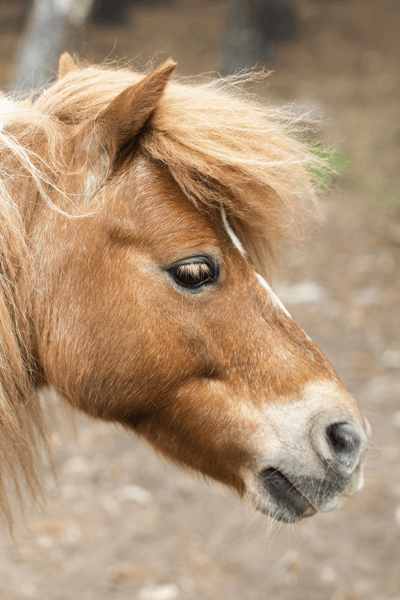
Buddy
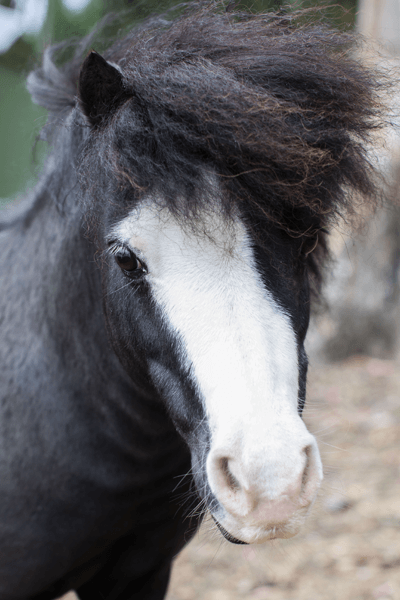
Cowboy
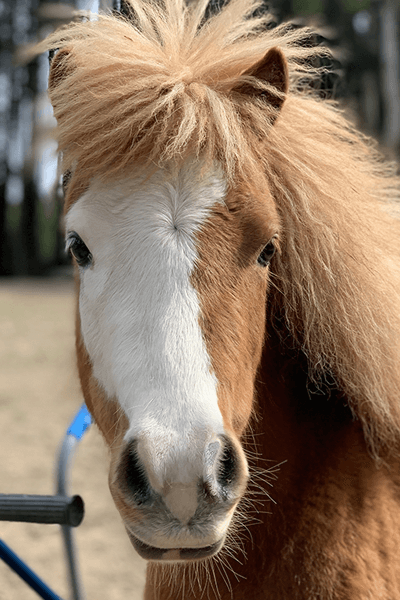
Tink
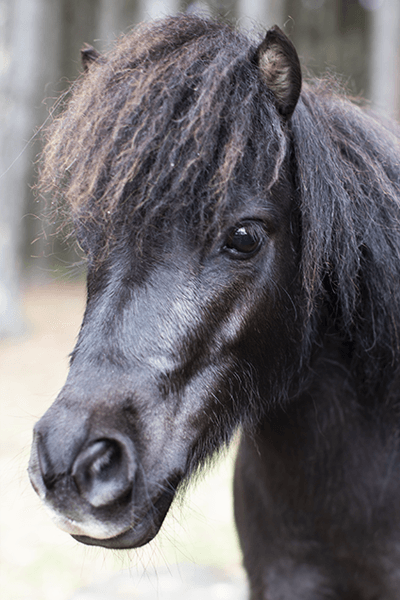
Jett
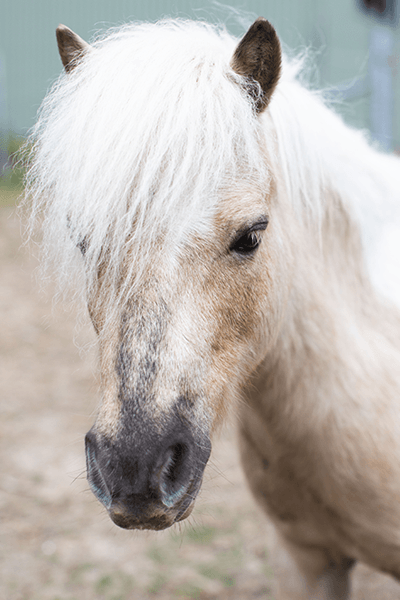
Mirror
Meet Mirror, a gentle and intuitive member of the Heads & Tails team, who helps children and young people build confidence, connection, and resilience.
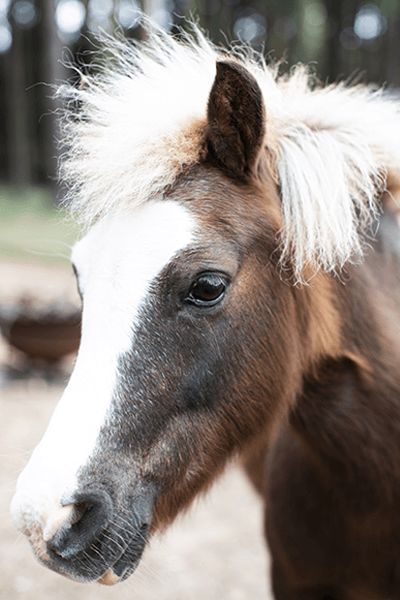
Nell
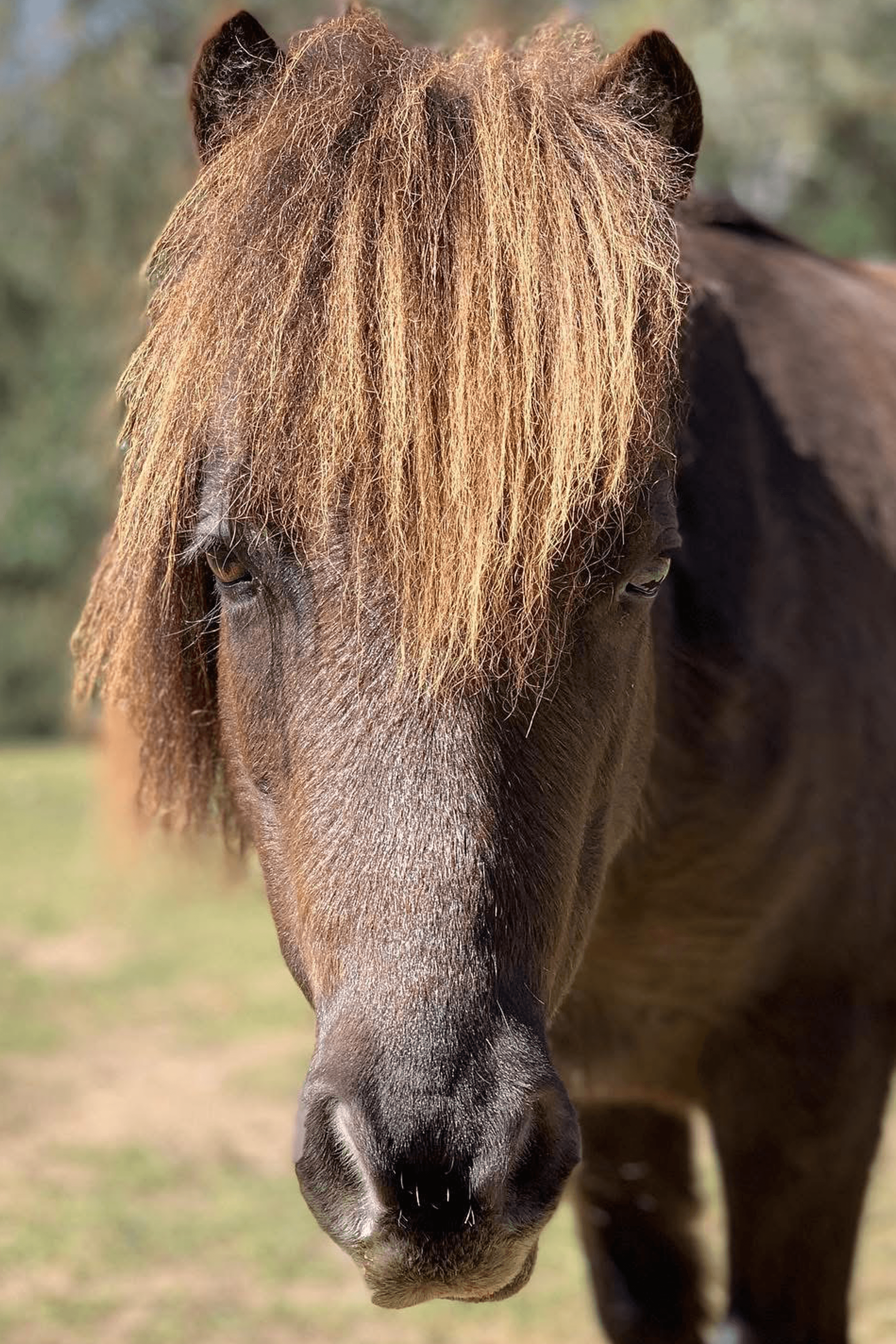
Coco
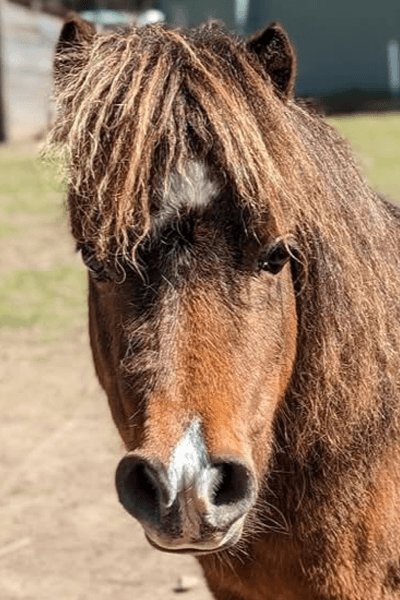
Poppy
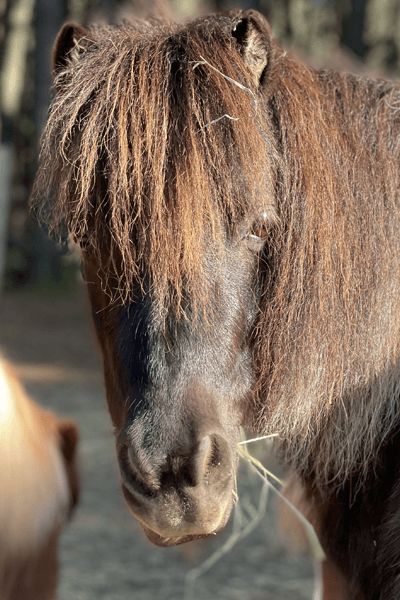
Scarlett
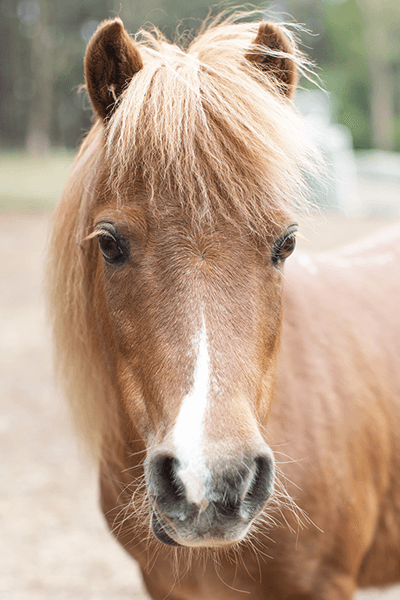
Soda
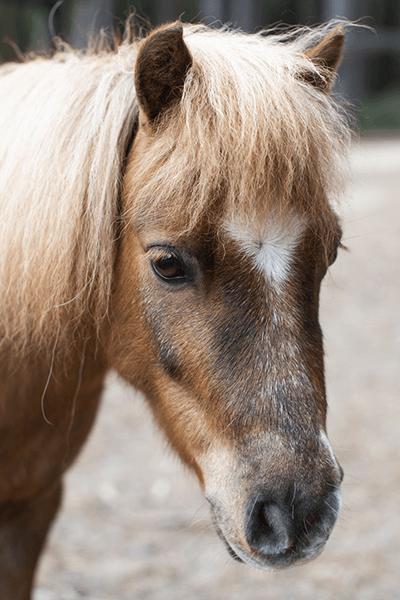
Jojo
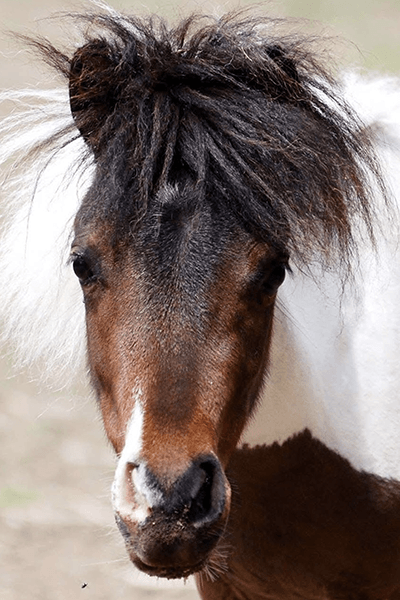
Tux
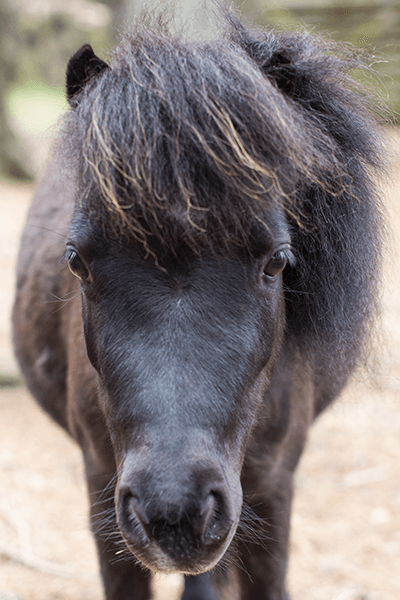
Lotti
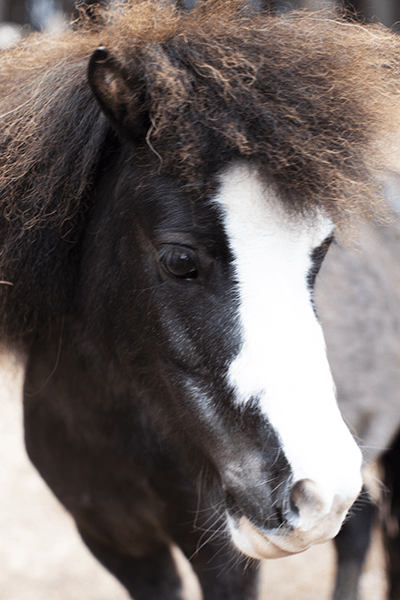
Luna
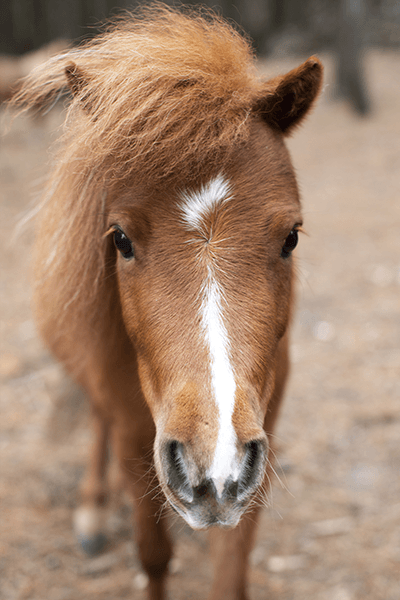
Daisy
Why Horses?
As herd animals, horses rely on cooperation and connection for safety and stability (Burgon, 2011). Clients often see themselves reflected in these dynamics, gaining deeper insight into their own relationships, boundaries, and communication patterns. Unlike dogs, which offer unconditional trust, horses are naturally cautious and rely on non-verbal cues to assess safety. They quickly sense when a person’s outward actions don’t align with their inner feelings (Kirby, 2010), responding in ways that encourage honesty, self-awareness, and emotional growth.
These interactions create opportunities for clients to experience vulnerability while learning to regulate emotions and build resilience. Through movement, tactile engagement, and meaningful, hands-on experiences, clients develop skills that extend beyond the therapy session and into everyday life.
At Heads & Tails, our experienced team carefully tailors each session to meet individual needs, ensuring that every client receives the guidance and support needed to foster lasting emotional well-being, confidence, and connection.




